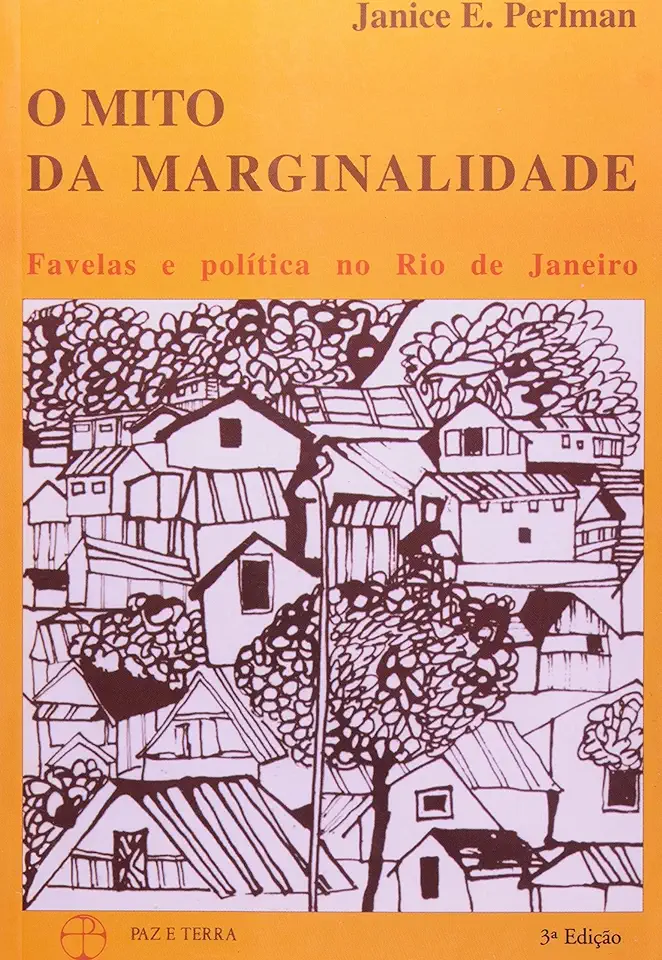
The Myth of Marginality - Janice E. Perlman
The Myth of Marginality: Urban Poverty and Politics in Rio de Janeiro
Introduction
In her groundbreaking book, "The Myth of Marginality: Urban Poverty and Politics in Rio de Janeiro," Janice E. Perlman challenges conventional wisdom about the causes and consequences of urban poverty in Brazil. Drawing on extensive fieldwork in Rio de Janeiro, Perlman argues that the poor are not marginalized from society, but rather are actively engaged in political and economic life. She shows how the poor use their social networks and cultural resources to gain access to resources and services, and how they participate in local politics to influence decisions that affect their lives.
The Myth of Marginality
The myth of marginality is the idea that the poor are isolated from the rest of society and lack the resources and power to improve their lives. This myth has been used to justify policies that exclude the poor from mainstream society and deny them access to basic services. Perlman argues that this myth is simply not true. The poor in Rio de Janeiro are not marginalized, but rather are actively engaged in society. They have strong social networks, participate in local politics, and use their cultural resources to gain access to resources and services.
Social Networks and Political Participation
Perlman shows how the poor in Rio de Janeiro use their social networks to gain access to resources and services. For example, they rely on friends and family members to find jobs, housing, and healthcare. They also use their social networks to participate in local politics. For example, they may join community organizations or political parties to advocate for their interests.
Cultural Resources
Perlman also shows how the poor in Rio de Janeiro use their cultural resources to gain access to resources and services. For example, they may use their knowledge of local customs and traditions to negotiate with government officials or to start their own businesses. They may also use their artistic talents to express their concerns and to build community solidarity.
Conclusion
Perlman's book is a powerful challenge to the myth of marginality. She shows that the poor in Rio de Janeiro are not marginalized, but rather are actively engaged in society. They have strong social networks, participate in local politics, and use their cultural resources to gain access to resources and services. This book is essential reading for anyone interested in urban poverty, social policy, or Latin American studies.
Why You Should Read This Book
"The Myth of Marginality" is a must-read for anyone interested in urban poverty, social policy, or Latin American studies. Perlman's groundbreaking research challenges conventional wisdom about the causes and consequences of urban poverty in Brazil. She shows that the poor are not marginalized from society, but rather are actively engaged in political and economic life. This book is essential reading for anyone who wants to understand the complex realities of urban poverty in Brazil and beyond.
Order Your Copy Today!
"The Myth of Marginality" is available now from all major booksellers. Order your copy today and learn more about the lives of the poor in Rio de Janeiro. You won't be disappointed.